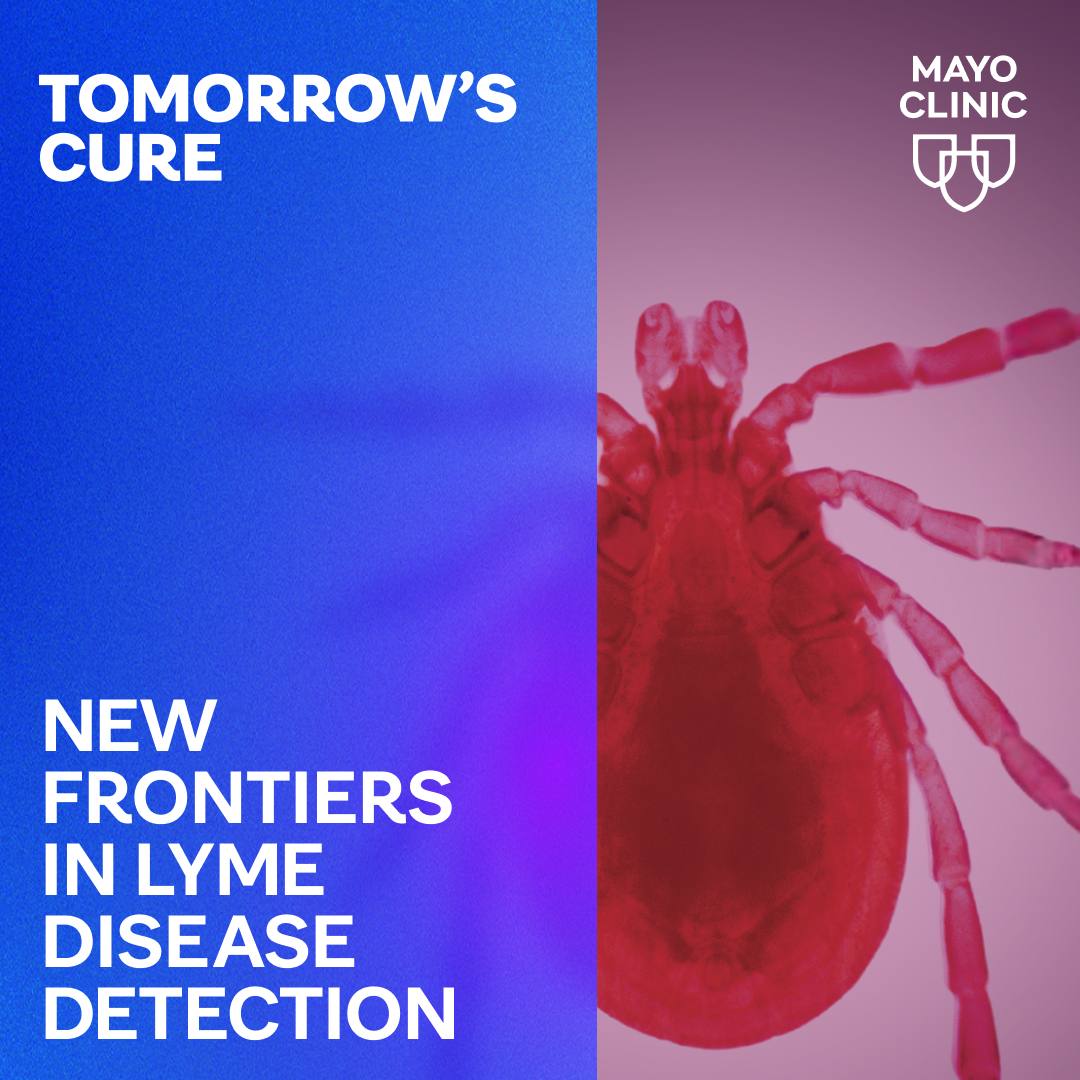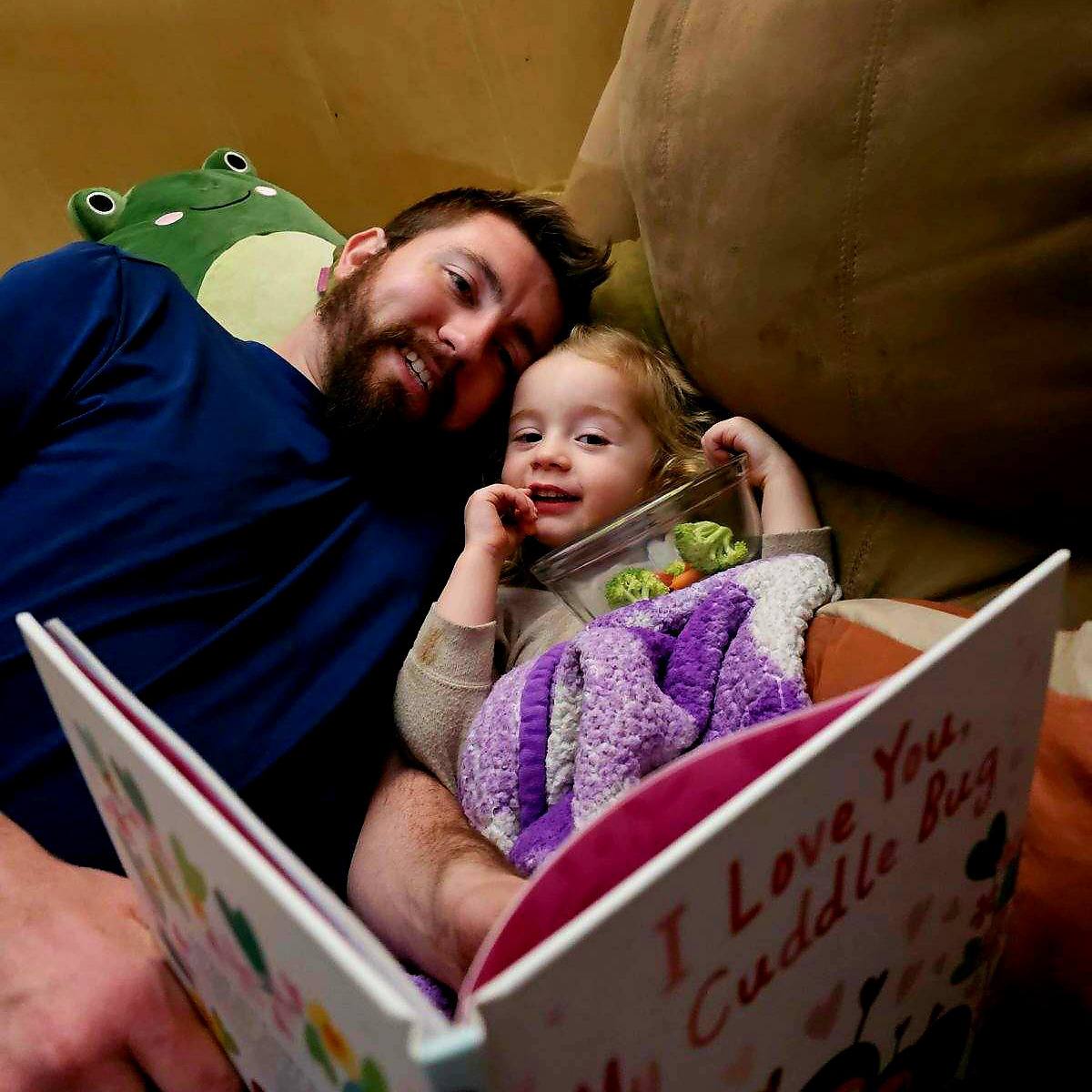-
Sharing Mayo Clinic: Back from the brink

Mayo Clinic Laboratories’ comprehensive approach to targeted antibody testing played a crucial and lifesaving role in moving Sheila Lewis to recovery from autoimmune encephalitis.
Sheila Lewis doesn’t remember much about the battle against autoimmune encephalitis that almost took her life, but her family can still recall every heartbreaking moment. With Sheila in a coma for 12 days, they had resigned themselves to the fact that they were losing their beloved 61-year-old wife, mother, and grandmother. It looked to be the end of what had been a strange and sudden deterioration in Sheila’s health.
Two months before, the first hint of trouble came when Sheila began experiencing sudden memory loss. Her neurological symptoms only worsened from there. Soon she began to forget the names of those closest to her — her children’s names, her grandchildren’s, and then even her own.
Feeling like her brain was in a fog, Sheila went to a local hospital in Fargo, North Dakota, where testing offered no definitive clues to what was causing her continued neurological decline. “She didn’t get better. Instead, she continued to get worse,” Sheila’s daughter Brandy Arends says.
After Sheila lost the ability to speak, breathing and feeding tubes were put in, and she was moved to the hospital’s intensive care unit. It was then, with no improvement in sight, that Sheila’s family asked for her care to be transferred to Mayo Clinic in Rochester, Minnesota.
Read the rest of Sheila's story on Mayo Clinic Laboratories Patient Spotlight.







